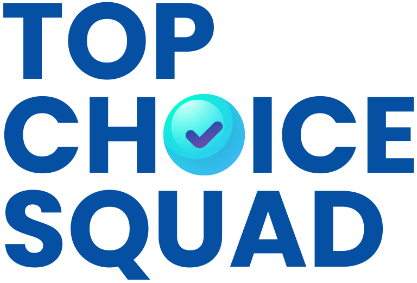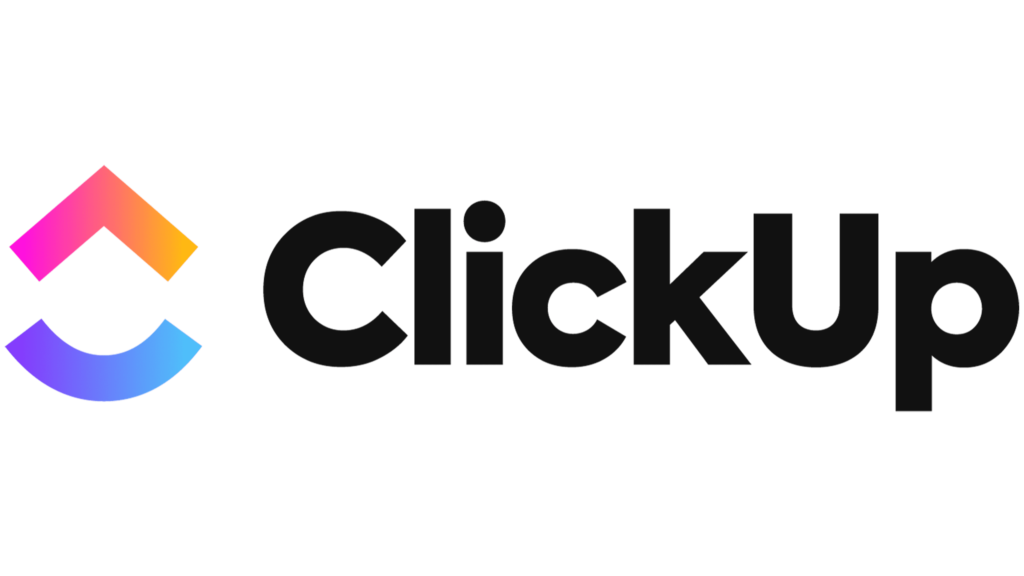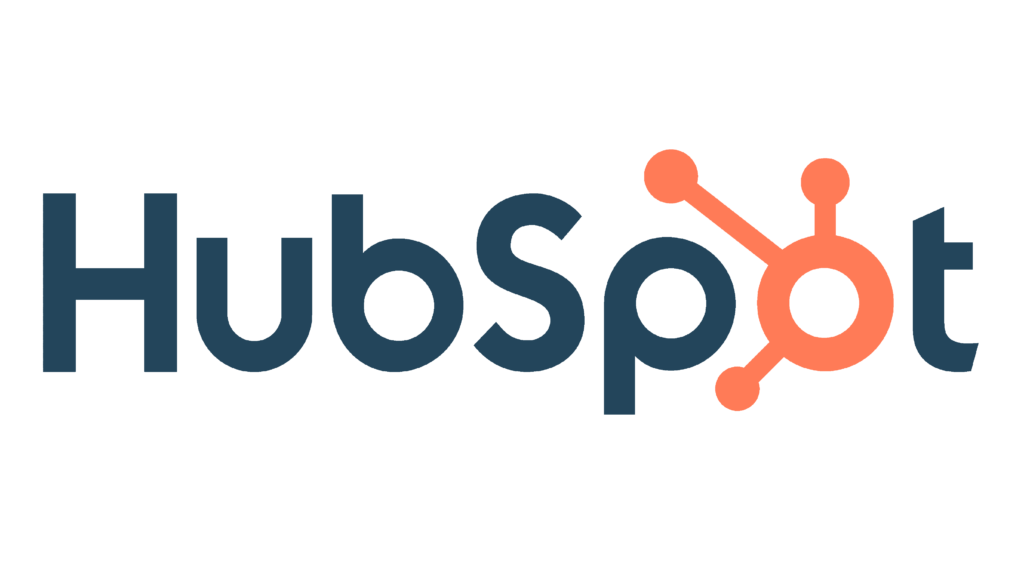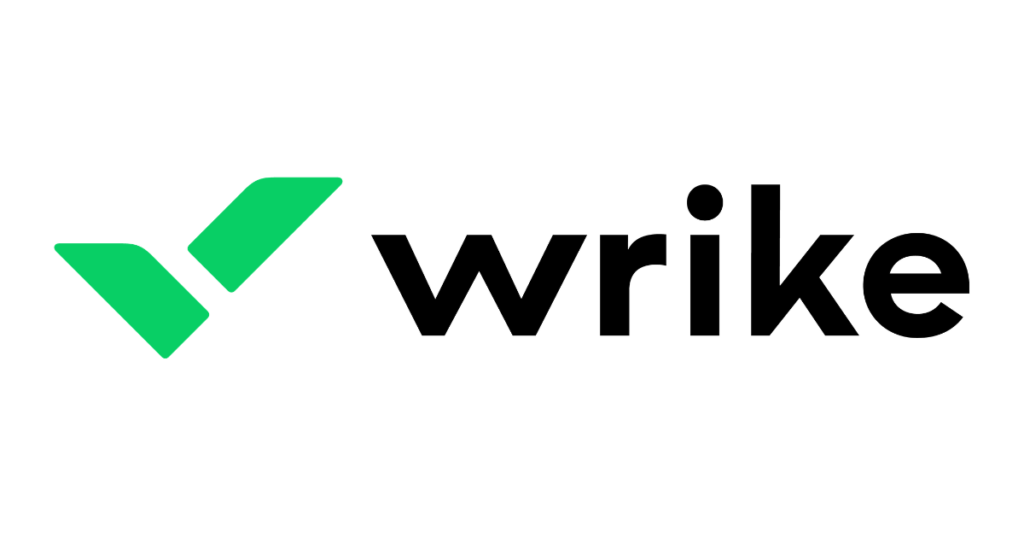Finding the easiest project management software can make all the difference when managing projects efficiently. A user-friendly platform is essential for project managers and teams striving to keep track of tasks, deadlines, and collaboration.
The world of project management software can feel overwhelming. With countless options flooding the market, all promising increased efficiency and streamlined workflows, how do you choose the most accessible project management software for your team?
The truth is that the best project management tool is not a one-size-fits-all solution. What works wonders for a small design agency might bog down a large software development team. This guide will break down some of the most straightforward project management software options, making it easier to find the perfect fit.
Let’s explore four standout options—Wrike, ClickUp, Project.co, and HubSpot. These platforms offer various project management tools to streamline workflow and boost productivity.

Why Prioritize Ease of Use
In today’s fast-paced world, project managers wear multiple hats. Juggling deadlines, budgets, and team communication requires an intuitive and user-friendly project management tool. Simple project management software streamlines workflows, boosts efficiency, and empowers teams to focus on getting things done. Less time wrestling with complex interfaces means more time to assign tasks and manage projects efficiently.
Furthermore, prioritizing ease of use in project management software leads to higher adoption rates among team members. When tools are straightforward and require minimal training, team members are more likely to embrace them fully. This leads to smoother collaboration, improved communication, and better project outcomes. Investing in user-friendly project management software is not just about making the job easier for project managers; it is about creating an environment where every team member can contribute their best work seamlessly.
Introducing the Simplest Project Management Software
Four stellar project management apps rise to the top in user-friendliness. Discover their unique strengths to help you find your team’s best project management software.
Wrike offers a clean and intuitive interface, making it an excellent choice for beginners or teams new to project management tools. It excels in task management with features like task creation, assigning tasks, and setting deadlines. Wrike also boasts vital collaboration tools, allowing teams to communicate effectively and track project progress. While the free plan has limitations, paid plans offer advanced features like Gantt charts and time tracking.
Project.co prides itself on being beautifully simple. It offers a clean interface with drag-and-drop functionality, making creating and managing projects easy. Project.co streamlines collaboration through threaded discussions and real-time updates, keeping everyone on the same page. This simple project management software might not have the bells and whistles of some competitors, but it excels in effective project management for small teams.
If you already use HubSpot for your marketing needs, then HubSpot Projects might be the perfect fit for your project management needs. This free tool integrates seamlessly with other HubSpot features, making managing projects alongside your marketing efforts easy. While less feature-rich than some paid options, HubSpot Projects offers basic task management, team collaboration, and project tracking, making it an outstanding choice for small teams within a HubSpot ecosystem.
ClickUp strikes a perfect balance between simplicity and power. It offers a user-friendly interface with multiple project views, including lists, boards, and Gantt charts. ClickUp goes beyond basic task management with features like recurring tasks, subtasks, and dependencies, allowing you to manage even complex projects. Additionally, ClickUp boasts robust collaboration tools, including chat, document sharing, and real-time editing. This project management software offers a generous free plan with unlimited projects and users, making it an excellent choice for growing teams.

Advanced Features for Power Users
While a user-friendly interface is essential, consider these additional features that can significantly enhance your project management experience:
- Project templates: Leverage pre-built templates to jumpstart your project planning and save valuable time. Common templates include project plans for marketing campaigns, software development sprints, or client onboarding.
- Time tracking: Track time spent on tasks to gain valuable insights into resource utilization, improve efficiency, and ensure accurate billing (especially for agencies or freelancers).
- Task dependencies: Define relationships between tasks to ensure a smooth workflow and avoid bottlenecks. For example, a design task can only be completed once the content writing task is finished.
- Enhanced Team Collaboration: Foster seamless communication and collaboration with built-in features like chat, video conferencing, document sharing, real-time updates, and file annotation capabilities.
- Streamlined File Sharing: Securely store and share project files with your team. Centralized file management eliminates confusion and ensures everyone has access to the latest versions of documents.
- Data-Driven Decision Making: Generate reports to track progress, identify bottlenecks, measure team performance, and make data-driven decisions to optimize your project workflow.
- Resource Management: Effectively allocate team members and avoid overbooking with resource management tools.
- Gantt Charts: Create detailed project timelines with Gantt charts, providing a visual overview of tasks, dependencies, and deadlines.
- Integration Capabilities: Connect your project management software with other tools you use, like Google Calendar or file-sharing platforms, for a more streamlined workflow.
- Task Automation: Automate repetitive tasks to save time and improve efficiency. This could involve automating task creation, assigning team members, or sending notifications based on pre-defined triggers.
- Financial Management: Track project budgets and expenses with built-in financial management features, giving you a clear picture of your project’s financial health.

Benefits of Project Management Software
Project management software is the cornerstone of modern project management, offering many benefits that streamline workflows and drive project success. Let’s explore how these tools revolutionize project manager practices and empower teams to achieve their goals more effectively:
- Improved Organization and Planning
Centralized platform for organizing tasks, deadlines, and documents, streamlining project setup and execution.
- Enhanced Collaboration
This feature enables seamless teamwork with shared task lists and real-time messaging, regardless of team location.
- Increased Efficiency
Automates tasks, tracks time, and optimizes resource allocation, boosting productivity and reducing manual effort.
- Better Task and Resource Management
Facilitates task assignment, priority setting, and progress tracking, ensuring effective resource utilization and project scheduling.
- Real-Time Monitoring
Provides visibility into project progress, enabling proactive decision-making and issue resolution.
- Improved Stakeholder Engagement
Enhances communication with clients and partners, fostering trust and satisfaction.
- Centralized Document Management
Serves as a repository for project-related documents and data, facilitating easy access and knowledge sharing.
- Scalability and Flexibility
Adapts to changing project needs and scales up or down as required.
- Cost Savings and ROI
Delivers long-term cost savings and positive ROI through improved efficiency and reduced errors.
- Data-Driven Decision-Making
Offers insights into project performance through reporting and analytics, enabling informed decision-making and continuous improvement.
Get Started with Effortless Project Management Now
Finding free project management software that suits the needs of software development teams can be manageable. You can find the best project management tool that fits your team’s needs by considering platforms like Wrike, ClickUp, Project.co, and HubSpot. You have a solution whether you require advanced features, simplicity, or integrated CRM capabilities.
Effective project management is crucial for successful project completion and team productivity. By leveraging the right tools, you can enhance task management, improve team collaboration, and ensure project progress is always on track. Start exploring these options today to find the perfect fit for your team’s project management needs.
